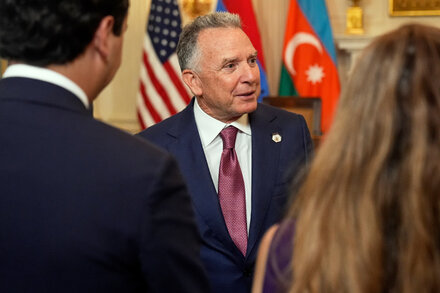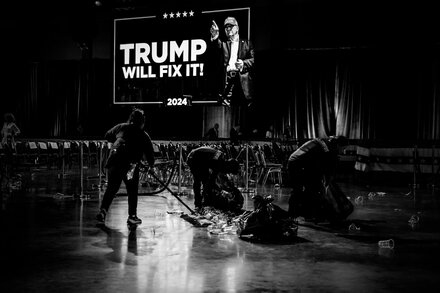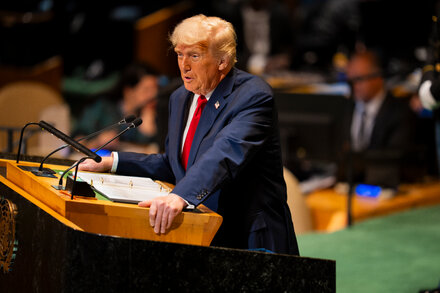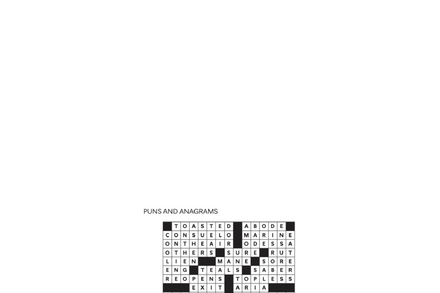The relationship between Venezuela and the United States has been characterized by decades of tension, ideological differences, and, at various junctures, the explicit or implicit suggestion of external intervention aimed at altering Venezuela’s political leadership. This dynamic has left an enduring “specter of regime change” hovering over their interactions, shaping policy decisions and public discourse on both sides.
Historically, the U.S. has often viewed Venezuela through the lens of its broader Latin American foreign policy, with concerns ranging from energy security to the spread of socialism. Tensions significantly escalated during the presidency of Hugo Chávez, who frequently accused Washington of imperialistic designs and plotting to overthrow his government. A pivotal moment came with the 2002 coup attempt against Chávez, which, despite U.S. denials of direct involvement, was widely perceived within Venezuela and by many international observers as having implicit U.S. backing, further solidifying a narrative of American interventionism.
Escalation Under Nicolás Maduro
The situation intensified dramatically following the death of Chávez and the rise of Nicolás Maduro. As Venezuela plunged into a severe economic and humanitarian crisis, marked by hyperinflation, widespread shortages, and mass migration, the U.S. progressively ramped up pressure on Maduro’s government. This included a cascade of economic sanctions targeting Venezuela’s vital oil industry, state institutions, and numerous individuals within the government, aiming to cut off its access to international finance and isolate it politically.
In 2019, the U.S. took a significant step by recognizing Juan Guaidó, then head of Venezuela’s National Assembly, as the legitimate interim president of Venezuela, deeming Maduro’s 2018 re-election fraudulent. This move was echoed by dozens of other nations but failed to dislodge Maduro from power, who retained control of the military and key state institutions. During this period, rhetoric from Washington frequently included strong condemnations of Maduro and suggestions that “all options were on the table,” fueling the perception of potential military intervention or other forms of forced regime change.
“We want to restore democracy in Venezuela,” then-U.S. Secretary of State Mike Pompeo stated in 2019. “We want the Venezuelan people to be able to elect their own leadership, and we will do everything we can to support that.”
From Caracas, officials consistently denounced U.S. actions as flagrant violations of national sovereignty and international law, accusing Washington of orchestrating a coup. President Maduro has repeatedly characterized U.S. sanctions as economic warfare designed to destabilize his government and punish the Venezuelan people.
“The Venezuelan people will never surrender to foreign interventionism,” President Maduro asserted in response to U.S. pressure. “We defend our sovereignty, our independence, our right to self-determination.”
Current Landscape and Enduring Tensions
Under the Biden administration, while the core policy of not recognizing Maduro’s legitimacy has largely remained, there has been a notable shift in diplomatic tone and a greater emphasis on multilateral engagement and negotiations. The U.S. has indicated a willingness to ease some sanctions in exchange for concrete steps towards free and fair elections in Venezuela, notably facilitating dialogue between the Maduro government and the opposition.
Despite this shift, the underlying distrust and the “specter of regime change” continue to color the relationship. For many in Venezuela, U.S. policy—even when framed as support for democracy and human rights—is viewed through the historical lens of interventionism. For Washington, Maduro’s continued hold on power and Venezuela’s deep-seated crisis remain a persistent foreign policy challenge. The prospect of an externally imposed change of government, while perhaps less explicitly articulated in recent times, remains an unspoken tension in the complex and often fraught interactions between the two nations.
Source: Read the original article here.





